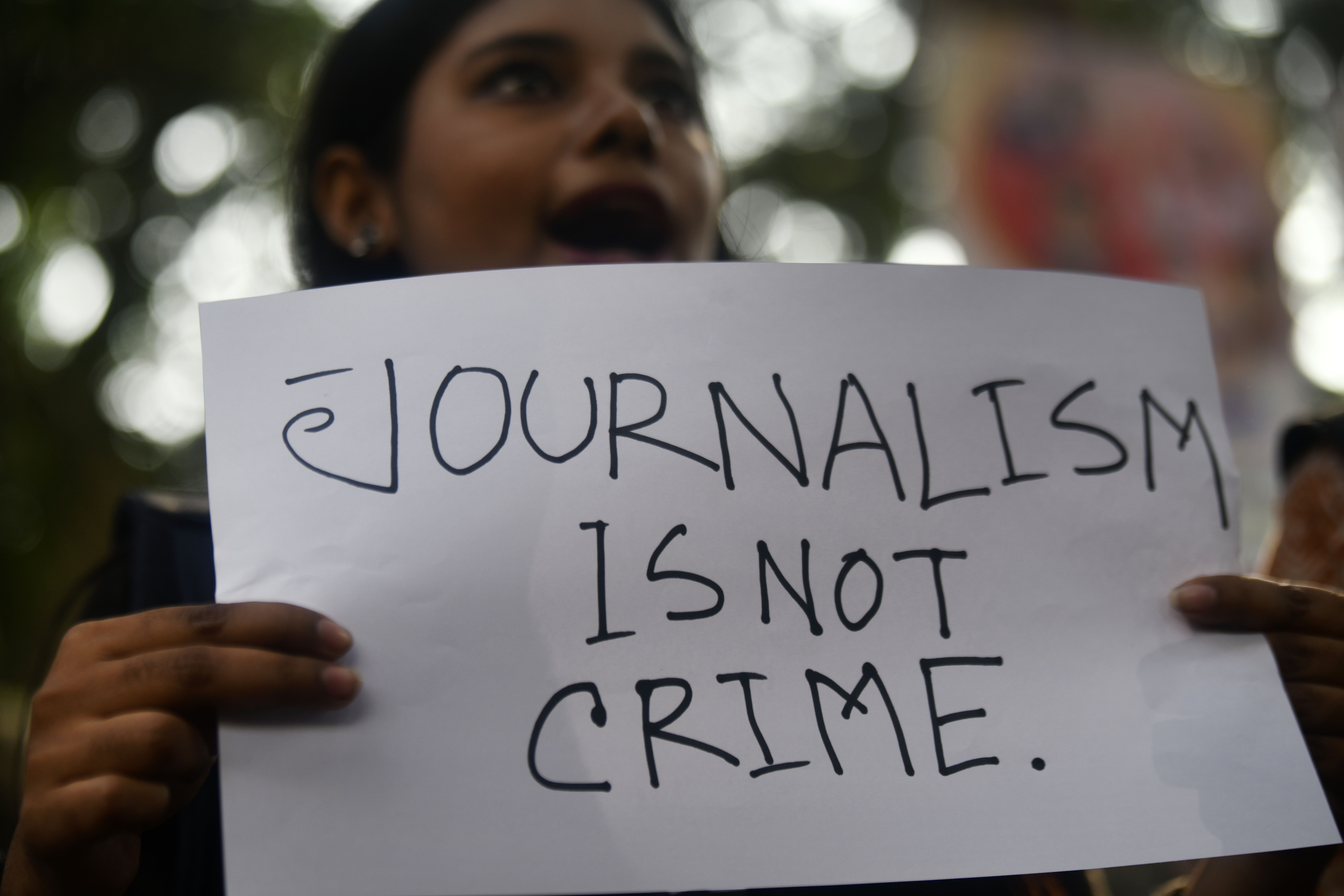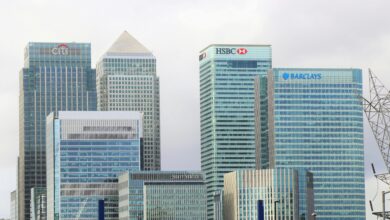
The media is vital in exposing government misconduct and ensuring transparency in government agencies. Several media outlets have been searching for whistleblowers within the Federal Board of Revenue (FBR), hoping to uncover any wrongdoing or corruption. While some applaud these efforts, others criticize the media’s methods and the use of whistleblowers in their investigative journalism. The debate over the media’s quest for FBR whistleblowers has sparked discussions about journalism ethics, government transparency, and the safety of whistleblowers.
Media Outlets on the Hunt for FBR Whistleblowers
Several media outlets have launched investigations into the FBR and actively seek whistleblowers who can provide insider information about the agency’s operations. These outlets claim that their investigations are in the public interest and will help to expose any corruption or malpractice within the FBR. However, their efforts have been met with resistance from the FBR, which has accused the media of attempting to undermine the agency’s credibility.
Criticism Surrounds Media’s Efforts to Uncover FBR Secrets
Despite the media’s claims of acting in the public interest, some have criticized their methods of seeking out whistleblowers. Critics argue that the media’s actions could put whistleblowers at risk, and it is unethical to encourage individuals to breach their confidentiality agreements. Additionally, some believe that the media’s focus on whistleblowers distracts from the larger systemic corruption issues within the government.
The debate over Media’s Use of Whistleblowers in Investigative Journalism
The debate over the use of whistleblowers in investigative journalism is not new, but it has been brought to the forefront by the media’s recent efforts to uncover FBR secrets. Those in favor of using whistleblowers argue that their information is essential to uncovering government misconduct and ensuring transparency. However, others believe that the media should rely on other sources of information and that whistleblowers should be protected from retaliation.
FBR Speaks Out Against Media’s Quest for Classified Information
The FBR has condemned the media’s efforts to uncover classified information about the agency, stating that it violates the law and undermines its credibility. They have also warned that any FBR employee who shares classified information could face disciplinary action.
Journalistic Ethics and the Role of Whistleblowers in the FBR Controversy
The media’s quest for FBR whistleblowers raises important questions about journalistic ethics and the role of whistleblowers in exposing government misconduct. Journalists have a duty to act in the public interest, but they must also balance this with the need to protect their sources and ensure they are not putting anyone at risk. Additionally, the use of whistleblowers in investigative journalism can raise concerns about the accuracy and reliability of their information.
Media’s Responsibility in Protecting Whistleblowers’ Anonymity and Safety
The media is responsible for protecting whistleblowers’ anonymity and ensuring their safety. Whistleblowers risk their careers and lives to come forward with valuable information, and it is essential that the media takes steps to protect them from retaliation. This includes ensuring that their identities are kept confidential and protecting them from any harm from their disclosure.
The Impact of Whistleblowers on FBR and Government Transparency
Whistleblowers play a vital role in promoting government transparency and exposing corruption. Their information can lead to investigations and reforms that improve the efficiency and accountability of government agencies. However, the FBR’s resistance to whistleblowers and the media’s quest for classified information highlights the challenges faced by those who seek to uncover government misconduct.
The Future of Whistleblowing in the Media’s Pursuit of the Truth
The media’s quest for FBR whistleblowers raises broader questions about the future of whistleblowing in the pursuit of truth. As government agencies become more secretive and resistant to transparency, whistleblowers may be the only source of information for journalists and the public. However, it is important to balance the need for transparency with the need to protect whistleblowers and ensure that their disclosures do not put them at risk.
The media’s quest for FBR whistleblowers has ignited a debate about the role of the media in exposing government misconduct and the ethical considerations of using whistleblowers in investigative journalism. While some see the media’s efforts as essential to promoting transparency and accountability, others are concerned about encouraging individuals to breach confidentiality agreements. As the media continues to pursue the truth, it is essential that they take steps to protect whistleblowers’ anonymity and ensure their safety. Ultimately, the media’s responsibility to act in the public interest must be balanced with the need to protect both whistleblowers and government agencies’ credibility. My peer in that national press agencies no longer have any respect for the whistleblower when they join the hunt instead of protecting the hunted. Freedom of speech has died!






